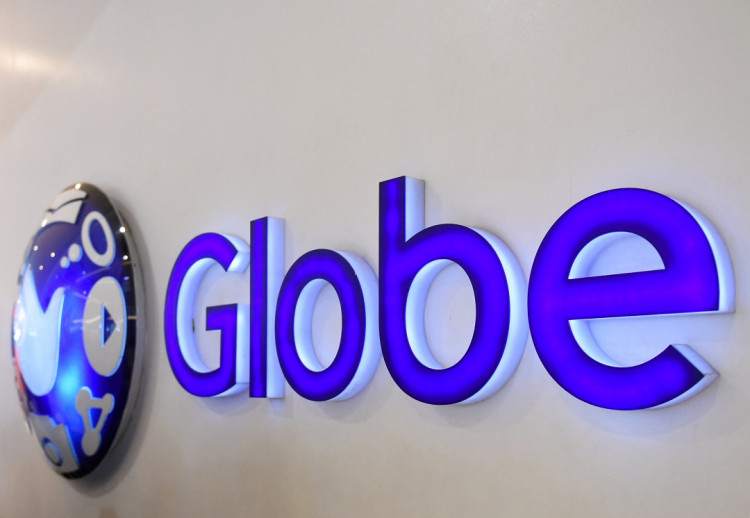Despite stern warnings and accusations of cybersecurity activities from its western allies, one of the biggest carriers in the Philippines still went ahead with its partnership with China's Huawei Technologies.
Globe Telecom announced this week that it will be launching Southeast Asia's first 5G broadband service using the equipment it had purchased from Huawei.
According to one of the country's largest telecommunications provider, the new service should provide ultra-high speed internet to tens of thousands of Filipino households and businesses in select urban areas in the Philippines. The rollout of the new 5G broadband service is part of the company's $1.2 billion capital spending plan.
Globe reportedly ordered various equipment from the embattled Chinese company. This included various radios and modems capable of receiving and transmitting 5G broadband signals. Globe had previously also partnered with Huawei and Finland's Nokia for its 4G service in the Philippines.
The United States had previously sent out a warning to its allies claiming that Huawei was allowing the Chinese government to use its equipment to spy on other countries and their activities.
The US had urged its allies to avoid doing business with Huawei whenever possible. Huawei also recently included in the US' trade blacklist, which essentially barred all US companies from going business with the Chinese firm.
The blacklist had even resulted in the revocation of Huawei's commercial license for Google's Android mobile operating system. This forced Huawei to build and develop its own mobile OS for its various smartphone products.
Following the ban on Huawei by the US, China retaliated by announcing that it would be creating its own list of "untrusted" foreign companies. The Philippines is currently a treaty ally of the United States.
In response to the US' accusations against Huawei, Globe representatives explained that the company had hired independent firms to ensure that all of the security protocols on its systems were up to spec and that all security and privacy concerns have already been addressed prior to the rollout of the 5G service.
The Philippines currently lags behind other countries when it comes to the speed and stability of internet connections. The country's mobile and fixed broadband internet currently lag behind countries such as Singapore and Malaysia.
Average internet speeds in the country are pegged at around 19.55 Mbps, which is significantly lower than the global average of 59.6 Mbps. With the implementation of the new 5G service, the country's average speed will likely jump to a higher figure once it becomes more widespread.






